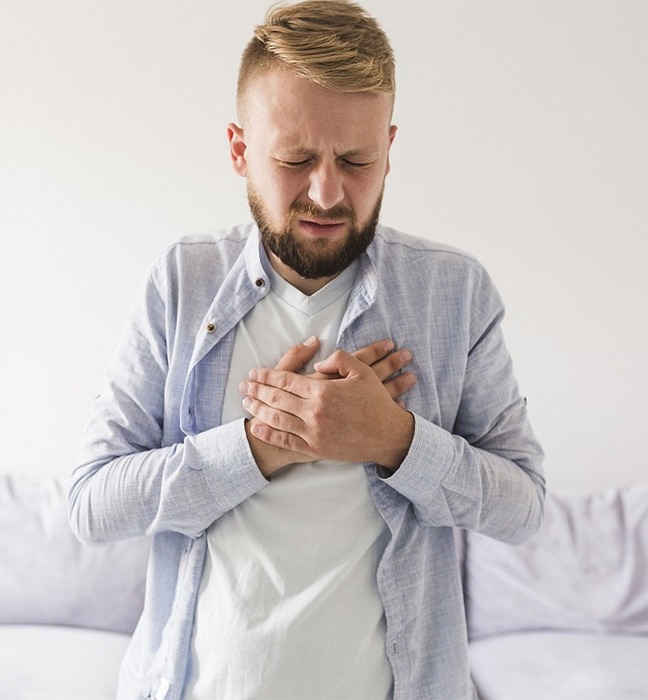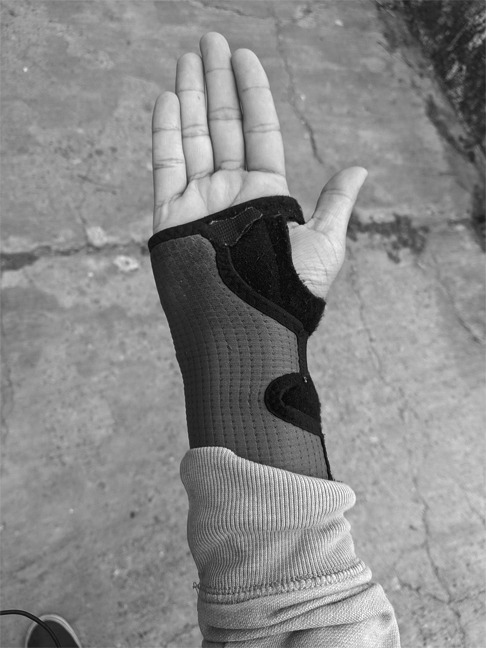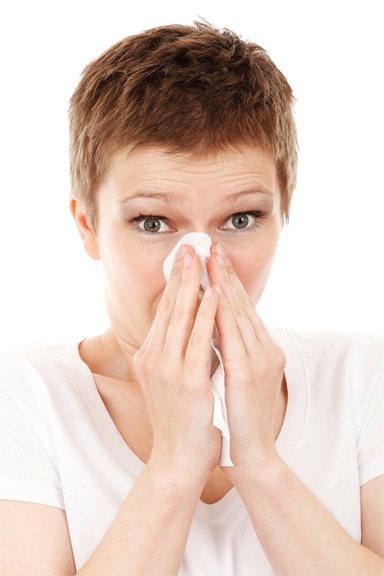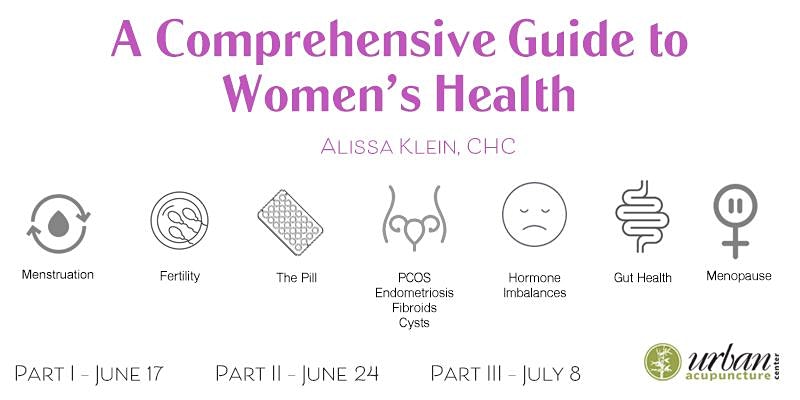by urban-acupuncture | Jun 13, 2021 | Event
What you should know about managing your hormonal health, syncing your cycle, and preparing for menopause.
About this event
- Are you tired of struggling with PMS or heavy and painful periods?
- Are you not menstruating?
- Are your cycles unpredictable?
- Are you coming off of The Pill and struggling to balance your hormones?
- Are you trying to conceive?
- Do you have PCOS, endometriosis, or fibroids?
- Are you entering menopause?
Are you ready for REAL answers to your health struggles? If YES, this class is for you!
Join Health and Wellness Coach Alissa Klein for this 3-part series that will guide you through the basics of women’s health, review the root causes of some of the most common women’s health issues, and give you the tools you need to start syncing your cycle.
This series will leave you feeling educated and empowered to reclaim your health.
PART I: The Basics
- Phases of a woman’s cycle
- Signs of a healthy cycle
- The role of hormones
PART II: Understanding Common Women’s Health Issues
- Fertility
- PCOS
- Endometriosis
- PMS
- PMDD
- Fibroids
- Ovarian cysts
- Amenorrhea
- Dysmenorrhea
- Menorrhagia
- Menopause
- Effects of birth control
PART III: Syncing Your Cycle
- Dietary considerations
- Lifestyle considerations
- Exploring supportive modalities
- Finding the right practitioners
REQUEST A RECORDING
Can’t attend the event at these dates and/or times? No problem! Purchase your ticket, send us a message, and we will send you a FULL recording of the session.
COST (per class): Pay what you can between $20-40. Urban Acupuncture Center is committed to providing professional and affordable healthcare services. This class will be offered on a sliding payment range.
REGISTER NOW!
- A Comprehensive Guide to Women’s Health – Part I: The Basics – CLICK HERE
- A Comprehensive Guide to Women’s Health – Part II: Common Health Issues – CLICK HERE
- A Comprehensive Guide to Women’s Health – Part III: Syncing Your Cycle – CLICK HERE
VIRTUAL EVENT: This event will take place via Zoom. An access link from Eventbrite will be emailed to registered attendees prior to the event.
About Alissa:
https://urbanacupuncturecenter.org/services-health-and-wellness-coaching/
About Urban Acupuncture Center:
https://urbanacupuncturecenter.org/about-us/
by urban-acupuncture | Jun 13, 2021 | Acupuncture
Heartburn And Acid Reflux (GERD) Relief
 Heartburn, as opposed to heart attack pain, is mild to severe pain that you feel in your chest due to problems in your digestive system. With heartburn, the acid in your esophagus lining can cause a burning sensation in your chest. This pain might move up to your throat and neck regions, causing severe discomfort that escalates when you are bending over or lying down.
Heartburn, as opposed to heart attack pain, is mild to severe pain that you feel in your chest due to problems in your digestive system. With heartburn, the acid in your esophagus lining can cause a burning sensation in your chest. This pain might move up to your throat and neck regions, causing severe discomfort that escalates when you are bending over or lying down.
Mild heartburn can be treated with the help of antacid medication. You can also lower the chances of getting heartburn by managing your weight, avoiding smoking, and refraining from eating spicy food. In some instances, heartburn may be a symptom of a more severe illness like acid reflux or gastroesophageal reflux disease (GERD).
Acid reflux occurs when stomach acid flows into the food pipe and causes irritation in your lining. In addition to heartburn, throat pain, coughing, and bitter taste in the mouth are some other symptoms of acid reflux. When acid reflux happens frequently and leads to inflammation of the esophagus, this is an indication of GERD. As a chronic disease, GERD can cause asthma, chest pain, persistent coughing and other symptoms.
Heartburn and acid reflux treatment: Acupuncture
Symptoms of acid reflux and GERD can negatively impact your daily life. With the help of treatment, you can manage these symptoms and reduce the chances of having chest pain. Acupuncture is a type of treatment that improves regular body functions and natural self-healing by stimulating acupuncture points in the body. Most commonly, thin needles are inserted into your body, and heat, pressure or other forms of stimulation may be applied to enhance the impact.
In an acupuncture treatment, an acupuncturist will inquire about your health history and perform certain physical examinations depending on your body needs. Following assessment, an acupuncturist will recommend the right treatment for you. Research indicates acupuncture’s beneficial effects on the various body systems that reduce pain, enhances sleep, and improves digestive functions.
Urban Acupuncture Center
Do you live in Columbus, Clintonville or Westerville, Ohio? Consider relieving your heartburn and acid reflux symptoms by seeking acupuncture treatment at Urban Acupuncture Center.
With more than ten years of experience in providing high-quality and affordable acupuncture treatment for all, our center specializes in making acupuncture therapy available for all.
Depending on your specific needs, you can avail both community acupuncture and private acupuncture from our facilities. Community treatment sessions are offered in a relaxed and friendly setting and take roughly about an hour to accomplish. Not only can they help treat acid reflux, but they are also affordable and available seven days a week.
For a more personalized therapy session or a more complex medical issue, private acupuncture treatment is also available. These sessions are curated based on your medical history and may incorporate TDP lamp therapy, electroacupuncture or other techniques as needed. You can also avail a combination of both community and private acupuncture treatment sessions.
Visit our website to know more about the services you can avail.
Contact Urban Acupuncture Center in Columbus, OH For More Information
For more information about how acupuncture, massage therapy and other alternative healing treatments can help you, please contact the Urban Acupuncture Center Board Certified Licensed Acupuncturist’s team at Indianola Ave, Clintonville (614) 725-2488 | Main St, Westerville (614) 426-4406 or click here. Taking new patients in and around greater Columbus, Ohio.
by urban-acupuncture | Jun 1, 2021 | Massage Therapy
Carpal Tunnel Pain Relief
 Carpal tunnel disorder is perhaps the most commonly observed nerve disease, affecting between 4 to 10 million Americans. Middle-aged and older generations tend to be affected by this syndrome more than younger people. Women are three times more likely than men to have carpal tunnel syndrome.
Carpal tunnel disorder is perhaps the most commonly observed nerve disease, affecting between 4 to 10 million Americans. Middle-aged and older generations tend to be affected by this syndrome more than younger people. Women are three times more likely than men to have carpal tunnel syndrome.
Your carpal tunnel is located in your wrist on the palm side underneath the surface of your skin. When pressure is applied to your median nerve, it reduces passage of impulses through the nerve. This leads to a feeling of weakness in your hand and loss of hand function.
The symptoms associated with carpal tunnel disorder include burning and numbness in your palm and fingers. You may have difficulty holding things and could experience a shock-like sensation move on your fingers. Your fingers might become numb in the night and the condition could get worse if you are trying to perform an activity with your hand.
Treatment options: Neuromuscular massage therapy
In addition to taking pain medication, neuromuscular massage therapy can help alleviate the pain you experience due to carpal tunnel syndrome. Neuromuscular massage therapy is a type of massage that is performed on individual muscles. By using friction and digital pressure, trigger points causing muscle pain symptoms are released. This improves blood flow and supply of nutrients to your muscles and reduces pain.
Neuromuscular massage therapy is different from deep tissue massage. The latter helps to address muscle aches that occur due to daily stress and is aimed at providing relaxation to a client. On the other hand, neuromuscular massage is a medical treatment where specialized therapy techniques are provided to lessen muscle pain and movement problems. This is achieved by targeting muscle adhesions, connected tissue regions, and trigger points.
Carpal tunnel syndrome is typically caused due to repetitive body movements, pregnancy, and other illnesses like diabetes, obesity, arthritis, etc. Massage can help relieve the symptoms triggering carpal tunnel disorder and offer you relief. Unlike deep tissue massage, neuromuscular massage requires continuous treatment until your pain reduces.
Get help at Urban Acupuncture Center
If you live in Ohio cities Columbus, Clintonville, and Westerville, consider getting your neuromuscular massage treatment done at Urban Acupuncture Center. Our licensed massage therapists represent the best standards in the industry and can help relieve your carpal tunnel problems through consistent treatment. Massage therapy at Urban Acupuncture Center is guaranteed to reduce your pain and offer you a better level of strength and flexibility. You will experience more ease with coordinating your hand movement.
Treatment at our center can also provide a better balance to your central nervous system while improving blood circulation and reducing the level of toxins in your body. With an overall improved body energy level, you can go back to performing routine activities, feeling more positive and energized. If you want more information on getting a neuromuscular massage, contact the Urban Acupuncture Center by phone at (614) 725-2488 (Columbus) or (614) 426-4406. You can also contact us by email at info@urbanacupuncturecenter.org and visit our website at https://urbanacupuncturecenter.org/.
Contact Urban Acupuncture Center in Columbus, OH For More Information
For more information about how acupuncture, massage therapy and other alternative healing treatments can help you, please contact the Urban Acupuncture Center Board Certified Licensed Acupuncturist’s team at Indianola Ave, Clintonville (614) 725-2488 | Main St, Westerville (614) 426-4406 or click here. Taking new patients in and around greater Columbus, Ohio.
by urban-acupuncture | May 10, 2021 | Acupuncture
Sinus Problem Treatments
 Sinus problems, whether they stem from sinusitis, hay, or even a bad nasal blockage, can leave people feeling unwell. In the human body, the sinuses are found in four areas of the head that are connected to each other.
Sinus problems, whether they stem from sinusitis, hay, or even a bad nasal blockage, can leave people feeling unwell. In the human body, the sinuses are found in four areas of the head that are connected to each other.
When a sinus problem develops, one of the most immediate effects people report is a headache. Some people face difficulty breathing, and others report lethargy and a general feeling of being unwell. While the symptoms and causative factors that lead to sinus problems differ from person to person, the end result is the same. The person suffers. Chronic sinus problems can be especially troublesome who experience it.
But can acupuncture help solve this? Let’s look at what a sinus problem indicates first.
What Causes Sinus Problems?
Your sinuses constitute four parts of your face that are interconnected. These are:
- The area of the skull that’s right behind the forehead.
- The eyes.
- The nose.
- The cheeks.
These portions of the face produce mucus that is harmlessly released by the body through the nose. You’ll hardly feel this happen, and its purpose is to remove dirt, bacteria, as well as other foreign irritants from the body.
When your sinuses are working fine, this isn’t a problem. But if your sinuses get clogged up, then the debris that the nose would’ve normally ejected can’t be released. Your sinuses can get blocked for various reasons. Some of these include:
- Sinusitis
- A bad cold
- Allergies
- The development of polyps in the nasal cavity
When the nose can’t effectively discharge the pollutants, this leads to a build-up of pressure. It’s this sensation that causes physical discomfort in people and leads them to look for solutions.
There are some common symptoms associated with problems of the sinus. These include but aren’t limited to:
- Headaches
- Difficulty breathing
- Pain in the sinus
- Fever
- Yellow or green mucus coming out from the nose
- Congestion
How Can Acupuncture Help Heal Sinus Problems?
Clogged sinuses represent an imbalance of the specific areas of the body. As a way to restore the balance, acupuncturists make use of fine needles that address various pressure points. When the needle is removed, the blockage is released and the energy in the body can flow smoothly once again.
People have reported that acupuncture provides immediate relief from sinus-related problems. The most common report is that headaches subside surprisingly fast following an acupuncture session to heal those targeted areas.
Are You Suffering From Sinus Related Issues?
Before your acupuncturist begins their session with you, they’ll ask for details on the history of your sinus condition. After assessing your situation and determining which pressure points need to be addressed to clear your nasal blockages, your acupuncturist will help you heal your sinus problems.
If you live in Columbus, Clintonville, or Westerville in Ohio, why not consider acupuncture as a way to relieve you from your sinus problems? Simply visit or call us at the Urban Acupuncture Centre to book your therapy session, and use acupuncture to heal your sinus and find relief from pain.
Contact Urban Acupuncture Center in Columbus, OH For More Information
For more information about how acupuncture, massage therapy and other alternative healing treatments can help you, please contact the Urban Acupuncture Center Board Certified Licensed Acupuncturist’s team at Indianola Ave, Clintonville (614) 725-2488 | Main St, Westerville (614) 426-4406 or click here. Taking new patients in and around greater Columbus, Ohio.
by urban-acupuncture | May 10, 2021 | Acupuncture Columbus
May 27, 2021 06:30 PM in Eastern Time (US and Canada)
Register Now:


 Heartburn, as opposed to heart attack pain, is mild to severe pain that you feel in your chest due to problems in your digestive system. With heartburn, the acid in your esophagus lining can cause a burning sensation in your chest. This pain might move up to your throat and neck regions, causing severe discomfort that escalates when you are bending over or lying down.
Heartburn, as opposed to heart attack pain, is mild to severe pain that you feel in your chest due to problems in your digestive system. With heartburn, the acid in your esophagus lining can cause a burning sensation in your chest. This pain might move up to your throat and neck regions, causing severe discomfort that escalates when you are bending over or lying down. Carpal tunnel disorder is perhaps the most commonly observed nerve disease, affecting between 4 to 10 million Americans. Middle-aged and older generations tend to be affected by this syndrome more than younger people. Women are three times more likely than men to have carpal tunnel syndrome.
Carpal tunnel disorder is perhaps the most commonly observed nerve disease, affecting between 4 to 10 million Americans. Middle-aged and older generations tend to be affected by this syndrome more than younger people. Women are three times more likely than men to have carpal tunnel syndrome. Sinus problems, whether they stem from sinusitis, hay, or even a bad nasal blockage, can leave people feeling unwell. In the human body, the sinuses are found in four areas of the head that are connected to each other.
Sinus problems, whether they stem from sinusitis, hay, or even a bad nasal blockage, can leave people feeling unwell. In the human body, the sinuses are found in four areas of the head that are connected to each other.